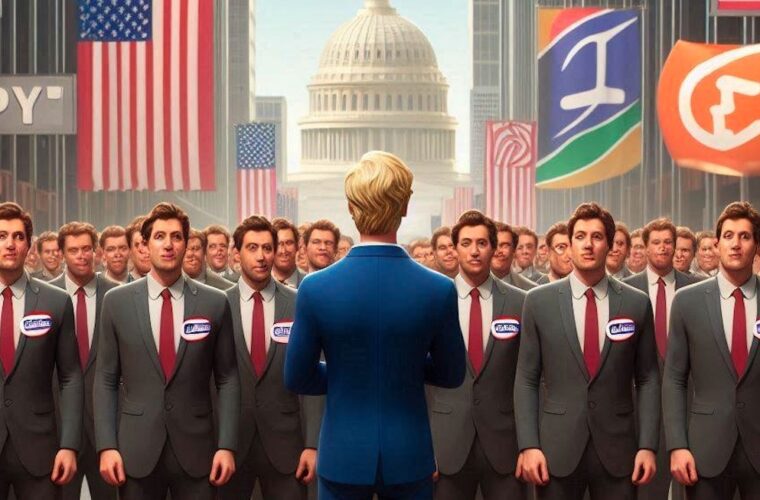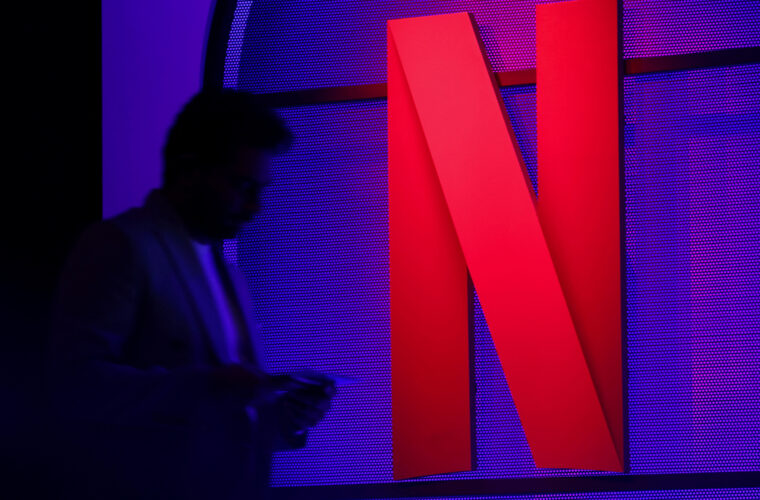Getting there first is everything in business. But if you understand how the world is changing and can use evolution to your advantage, you have more than just a great nose for money. Reed Hastings differs from the classic businessman in many ways, not just because he hates wearing a tie. His name will remain in contemporary history for having conceived Netflix with his friend Marc Randolph but above all for having led it to open up a new frontier, dominate a lucrative market and take its video-streaming service global, winning the loyalty of 270 million people.
The most interesting and crucial part of his and his creature’s success concerns the vision and the relationship with others that Hastings has established in all his ventures, professional and otherwise. Going against the boss’s wishes, the need to constantly reinvent himself, and the rejection of the canonical rules of the corporate statute (‘No rules rules‘ is the title of a book he wrote with Erin Meyer, a professor at Insead Business School) are the cornerstones of a strategy that has proved successful. Let’s be clear: Hastings is neither an anarchist nor a fool, but having lived through experiences that are out of the ordinary and far from the management sphere has enabled him to develop a global openness that is hard to find in Silicon Valley.
Experiences that shape the body and mind
Few CEOs and long-serving executives from gilded California joined the Marines, although Hastings left after six months to ‘don’t waste your time talking about how to make your bed’. Fewer still left the country in their twenties to travel around Africa, spending two years teaching maths in eSwatini (formerly Swaziland). An unforgettable adventure, along with the life lessons it taught. ‘You can’t be afraid to run a big company after hitchhiking around Africa on ten dollars,’ Hastings said. A view I share, although I did not hitchhike around Africa with little or no money.
Dropping out of school was a worry for Netflix’s dad, who went back to the books to get a degree in computer science from Stanford and start a career as a programmer. Interesting, but not too interesting, because Hastings realised in his first jobs that he had gaps in his management skills. The creativity of the mid-1990s filled this gap, thanks to the advent of digital. ‘We wanted to replicate Amazon in product categories other than books, where Bezos started, and video and DVD seemed the best solution,’ Randolph said in an interview, adding that he and his partner had many doubts about the operation’s success.
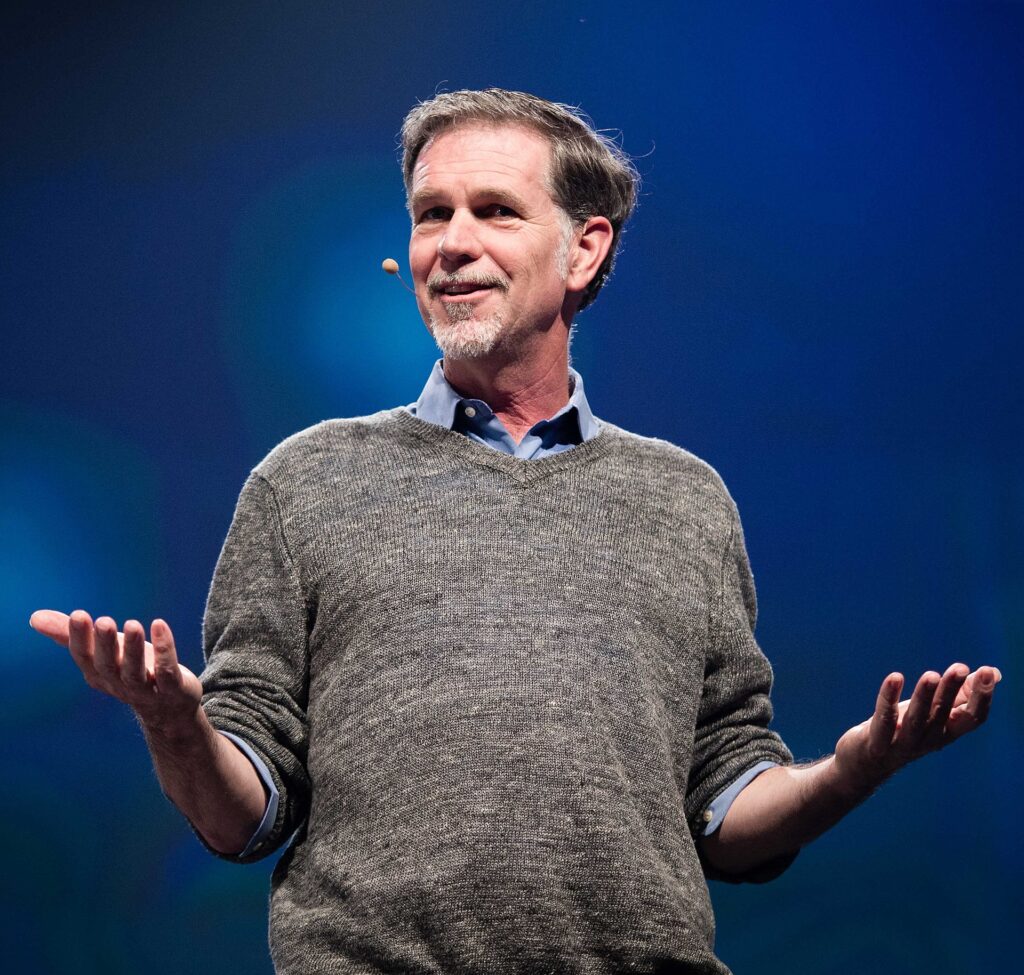
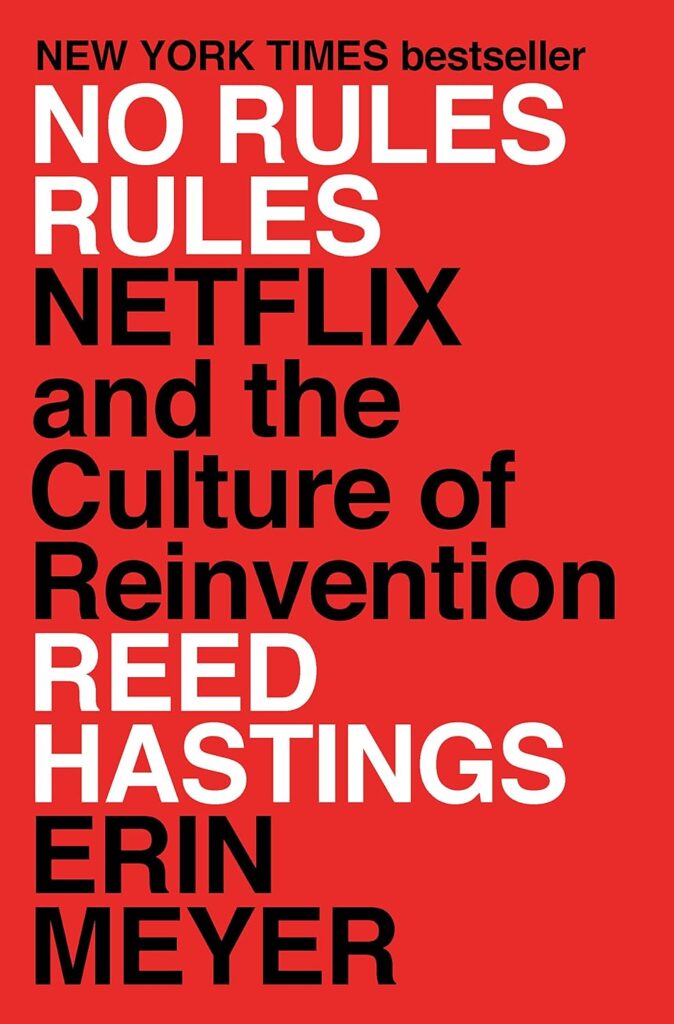
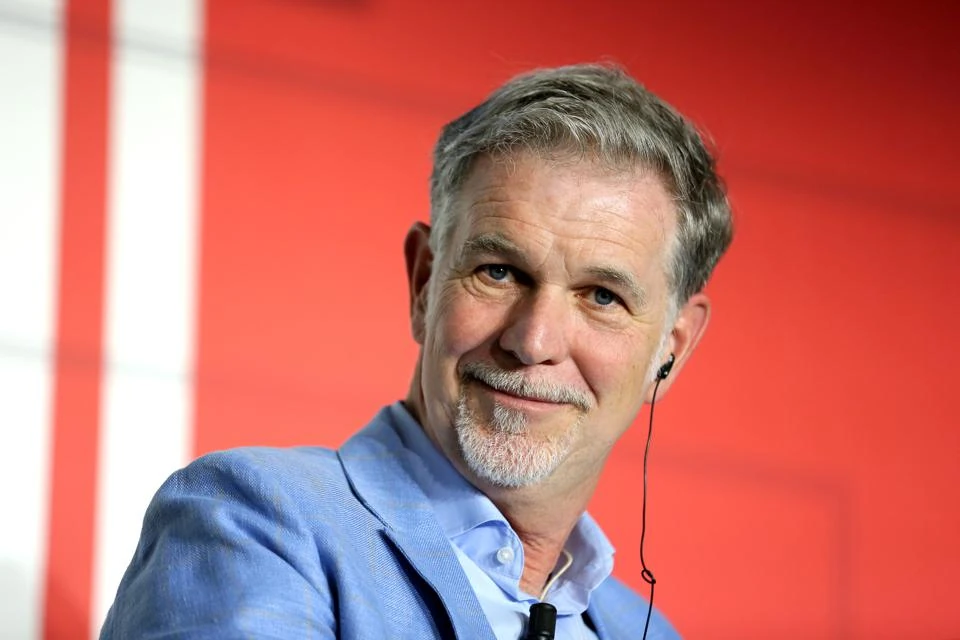

Luck and skill: the reasons behind Netflix’s success
Perhaps for the fun of it or to increase the admiration of ordinary mortals and satisfy his ego, Hastings told a different story about the intuition behind the birth of Netflix. He blamed it on a videotape never delivered to Blockbuster, which demanded a $40 surcharge 40 days after the return date. A demand that, in the eyes of the now 64-year-old, demonstrated the limitations of a service that was destined to face a crisis with the imminent arrival of broadband. Connecting the dots, Hastings and Randolph came up with the idea of renting DVDs, the dominant medium at the time, with prices unrelated to rental time in favour of an unlimited subscription for the number of films rented, supported by a monthly fee. It was a formula based on what some Californian gyms were already offering.
Launched in April 1998 with 925 films, Netflix laid the foundations for its success in 2007, when it abandoned DVDs to concentrate on streaming films produced by others. This was a novelty that was slowly but surely accepted by the public, and as the number of subscribers grew, so did the production of original content. The first self-produced TV series was House of Cards, a success that definitively sanctioned the importance of streaming with the arrival of giants such as Amazon and Disney in the sector. In the meantime, Blockbuster fell into oblivion after its managers rejected the $50 million takeover offer made by Hastings when streaming was still a long way off, and Netflix’s fate seemed sealed.
Philanthropist and mountain man, the other Hastings
After handing over the reins to Ted Sarandos and Greg Peters, Hastings is still Chairman of Netflix but is now pursuing other passions, most notably the mountains. A lover of snowboarding, a pastime he shares with his wife Patricia Quillin, the Bostonian has invested part of his fortune to become co-owner of Powder Mountain, one of the largest ski resorts in the United States, equipped with 154 runs, 9 lifts and a wide range of fine accommodations, but also with a policy of selling a limited number of day and season passes so as not to spoil the atmosphere and experience for those who enjoy Utah’s snow.
While the latter represents a love that has come of age, Hastings has never stopped supporting the public school after his experience in Eswatini. Over the past two decades, Hastings has made numerous donations to open new primary and secondary schools, including a $120 million gift to be split between three colleges in 2020, the most generous individual gift to support Historically Black Colleges and Universities (HBCU).


